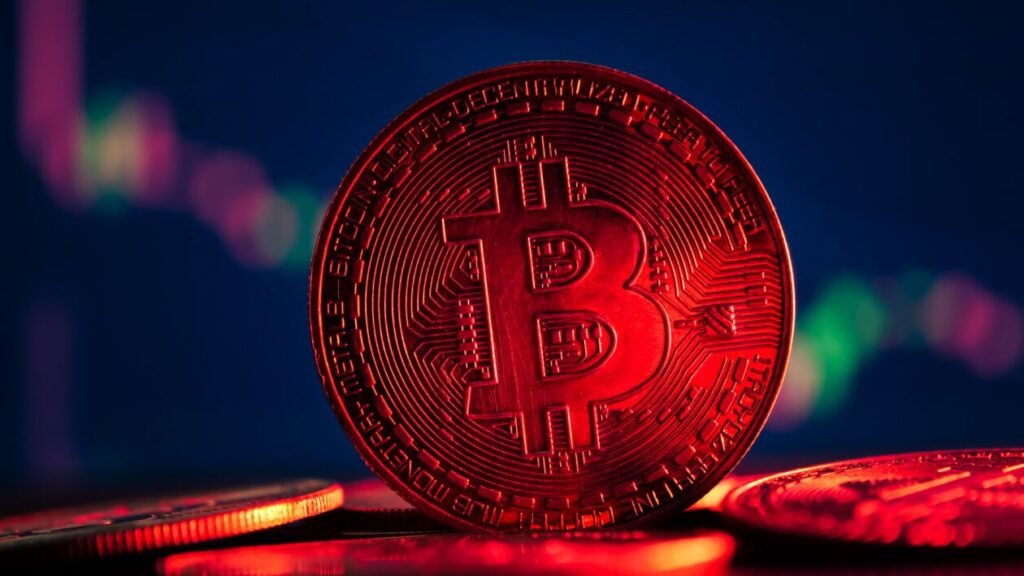
A crypto wallet is like your personal bank vault for digital assets. It doesn’t technically store your coins, but instead holds the private keys that give you access to them on the blockchain.
Think of it this way:
- Your crypto lives on the blockchain.
- Your wallet is the key that unlocks the door to that digital home.
There are several types of wallets, and knowing which one to use (and when) is key to keeping your assets safe.
Hot Wallets vs. Cold Wallets
Hot Wallets
Hot wallets are connected to the internet, making them convenient for everyday use.
Pros:
- Quick access
- Easy for trading, sending, or receiving crypto
- Great for beginners or active users
Cons:
- More vulnerable to hacks
- If your device is compromised, so is your wallet
Examples:
- MetaMask (browser extension for Ethereum and other EVM chains)
- Trust Wallet (mobile app with multi-chain support)
- Coinbase Wallet (self-custody, separate from Coinbase exchange)
Analogy: Hot wallets are like a checking account — easy to use, but not where you store your life savings.
Cold Wallets
Cold wallets are offline wallets — not connected to the internet, which makes them much safer from hacks.
Pros:
- Excellent for long-term storage
- Near-impossible to hack remotely
Cons:
- Less convenient for frequent transactions
- More expensive (hardware wallets)
Examples:
- Ledger Nano X
- Trezor Model T
- Air-gapped paper wallets
Analogy: Cold wallets are like a physical safe in your home — great for keeping valuables protected.
Centralized vs. Decentralized Wallets
This distinction refers to who controls the wallet and the private keys.
Centralized Wallets
Centralized wallets are custodial, meaning someone else (usually an exchange) holds your private keys.
Pros:
- Easy to set up
- Integrated with exchanges for trading
Cons:
- You don’t control your crypto — the platform does
- Risk of freezes, hacks, or shutdowns (e.g., FTX collapse)
Examples:
- Binance Wallet (exchange-based)
- Coinbase (not Coinbase Wallet)
- Kraken
If you don’t own the keys, you don’t own the coins.
Decentralized Wallets
Decentralized wallets are non-custodial — you hold your private keys and full control of your assets.
Pros:
- Greater privacy
- No middleman
- True self-sovereignty
Cons:
- If you lose your recovery phrase, your funds are gone
- Requires more responsibility
Examples:
- MetaMask
- Trust Wallet
- Exodus
Decentralized wallets give you financial freedom and full responsibility.
Choosing the Right Wallet
Here’s a quick guide depending on your needs:
| Use Case | Recommended Wallet Type | Example |
|---|---|---|
| New to crypto | Hot + Centralized | Coinbase |
| Active DeFi user | Hot + Decentralized | MetaMask, Trust Wallet |
| Long-term HODLer | Cold + Decentralized | Ledger Nano X |
| Multi-chain portfolio | Hot + Multi-chain | Trust Wallet, Exodus |
| On-the-go use | Mobile app wallet | Trust Wallet, Argent |
Pro Tips for Wallet Safety
- Write down your seed phrase and store it offline in multiple secure places.
- Never share your private key or recovery phrase with anyone.
- Use a cold wallet for savings and hot wallet for spending.
- Enable 2FA and set up biometric security when available.
- Test with small amounts before transferring large crypto sums.
Final Thoughts
Whether you’re trading daily or just dipping your toes into crypto, the type of wallet you use matters. The best setup often involves a combination:
A hot wallet for convenience and a cold wallet for security.
And remember — the more control you have over your crypto, the more responsibility you take on. But that’s the beauty of decentralization: freedom with accountability.







